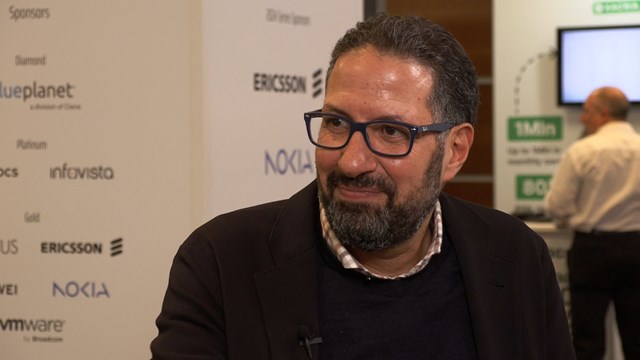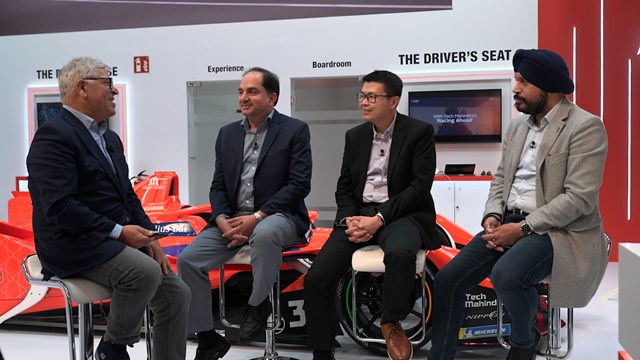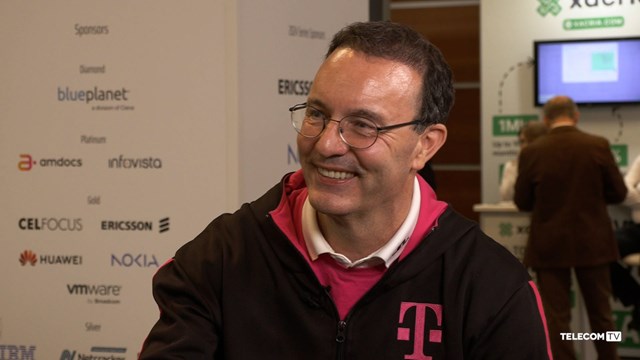Accenture, JSR and NTT begin work on a proof-of-concept for a smart industrial complex
The aim is to develop a connected worker platform that collects and analyzes data and recreates experienced worker’s capabilities
TOKYO; Sept. 28, 2017 – Accenture (NYSE: ACN), JSR Corporation, a chemicals manufacturer headquartered in Japan, and Nippon Telegraph and Telephone Corporation (NTT), one of the world’s largest telecommunications services providers headquartered in Japan are embarking on a proof-of-concept project at JSR’s plant in Chiba Prefecture designed to improve worker productivity and safety in smart industrial complexes that is technology driven and analytics led.
The plan is to develop a ‘connected worker’ analytics platform leveraging smart sensors and wireless technology to automatically collect and analyze unstructured data – such as motion images and sound recordings from plant operation management and maintenance tasks performed by experienced workers at the Chiba Plant. The cross-company teams will work together to combine these insights with machine data from distributed control systems, and to develop a solution that will help users make more informed decisions using a machine learning algorithm in real-time. The goal is to convert the tacit knowledge of experienced workers into explicit knowledge, and transfer it to less experienced workers.
The proof-of-concept will integrate JSR’s insights in operation management and maintenance tasks, artificial intelligence “corevo®”(*) of NTT Group including NTT Advanced Technology Corporation, along with industry-leading digital transformation expertise and Industrial Internet of Things (IIoT) capabilities of Accenture Strategy. This proof-of-concept is based on the ideas of open innovation which is vital for a smart industrial complex, and one that integrates key capabilities from the three companies into one seamless digital transformation plan.
A smart industrial complex has the potential to improve knowledge transfer and address safety issues. This is a major priority for the Ministry of Economy, Trade and Industry, which recently announced a new Japanese industry plant safety policy, the Super Certified Plant System. The industry needs to address safety issues and establish stable, continuous operation, but faces additional challenges: a shrinking talent pool of experienced workers due to an aging workforce and investment spending constraints for IT solutions as spending has been required in recent years for safety solutions such as explosion prevention.
“The chemicals industry will face major transformation when digitalization makes it possible to detect signs of equipment abnormalities and predict product supply and demand,” said Mitsunobu Koshiba, representative director and president, JSR. “Harnessing the innovation of NTT and Accenture, we will promote a smart industrial complex and contribute to enhancing the competitive edge of Japan’s chemicals industry.”
“We are accelerating NTT’s transition to its new business model, B2B2X, and are committed to offering value-added services by collaborating with companies in different fields to extend our offerings,” said Jun Sawada, senior executive vice president, NTT. “This initiative helps establish a smart industrial complex and future growth of the chemicals industry in Japan, and it also embodies a business model for NTT that maximizes the potential of ICT.”
Connected worker technology is one element of what Accenture refers to as Industry X.0 - the digital reinvention of industry. It is when businesses use advanced digital technologies to transform their core operations, their worker and customer experiences and ultimately their business models.
“Digital disruption presents unparalleled growth and new value creation opportunities for Japan’s chemicals industry, especially when viewed through the Industry X.0 prism,” said Atsushi Egawa, representative director and president of Accenture Japan. “The deep chemicals industry expertise, and digital transformation and IIoT capabilities Accenture Strategy brings to the PoC will help embrace digital disruption in addition to improving plant productivity and worker safety. Turning this solution into a practical technology driven and analytics led business model will helps us showcase that Industry X.0 can deliver new levels of efficiency in R&D, engineering, production, manufacturing and business support through integrated systems, processes, sensors and new intelligence.”

JSR’s Chiba Plant
.jpg) (*) “corevo®” is a registered trademark of Nippon Telegraph and Telephone Corporation.
(*) “corevo®” is a registered trademark of Nippon Telegraph and Telephone Corporation.
Email Newsletters
Sign up to receive TelecomTV's top news and videos, plus exclusive subscriber-only content direct to your inbox.



